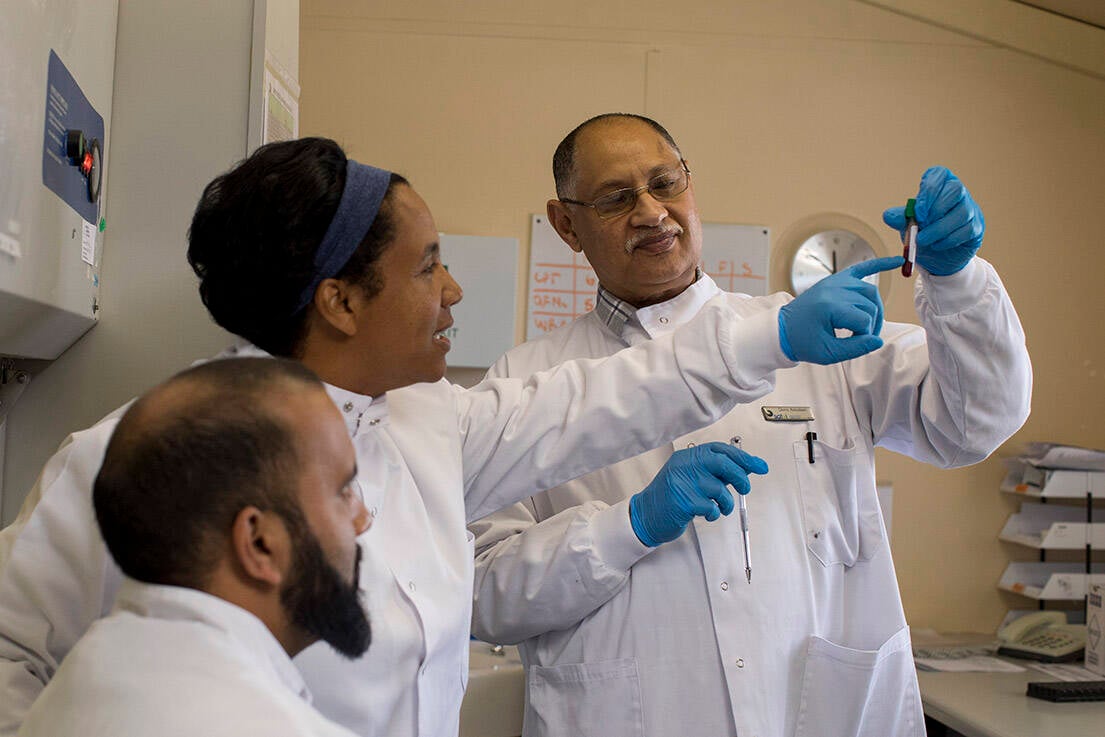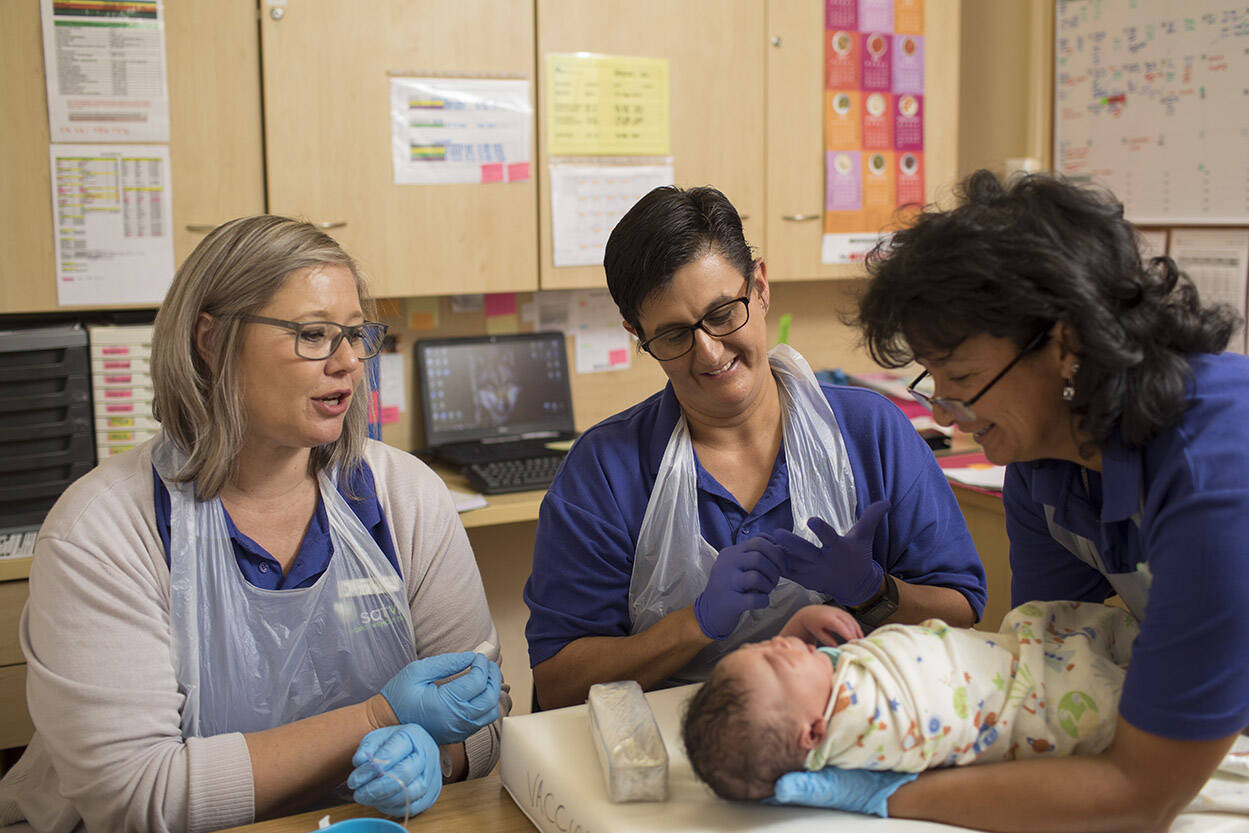
scroll down
A study in South Africa has identified the optimal dose of MTBVAC, a promising alternative to BCG, to be used in crucial efficacy trials.

Prevention of TB infections in children relies on BCG, a vaccine developed more than a century ago that has a range of shortcomings. BCG is derived from Mycobacterium bovis, a close relative of the human pathogen, M. tuberculosis (Mtb). MTBVAC is an engineered version of Mtb designed to elicit a broader immune response to Mtb than BCG, without triggering TB disease.
In an EDCTP2-funded phase II trial in South Africa, an international team of researchers has assessed the safety and immunogenicity of different doses of MTBVAC compared to BCG.
The vaccine was found to be highly immunogenic, with the two highest doses tested generating immune responses significantly higher than those elicited by BCG. Reactions to vaccine administration depended on the dose delivered. Based on these data, a dose was identified that optimised the balance between immunogenicity and reactogenicity, and this dose was selected for use in a follow-on phase III trial.
Although the trial was not powered to assess the vaccine’s efficacy, it is encouraging that, of the eight infants diagnosed with TB during the study, four had received BCG and four the lowest dose of MTBVAC. No cases were seen among infants who received the two higher doses of MTBVAC.
Additional trials are now underway to assess the efficacy of MTBVAC in infants, adolescents and adults, including the EDCTP2-funded MTBVACN3 phase III study in newborns, which is taking place in Senegal, Madagascar and South Africa.
Progressing an alternative to BCG for TB prevention